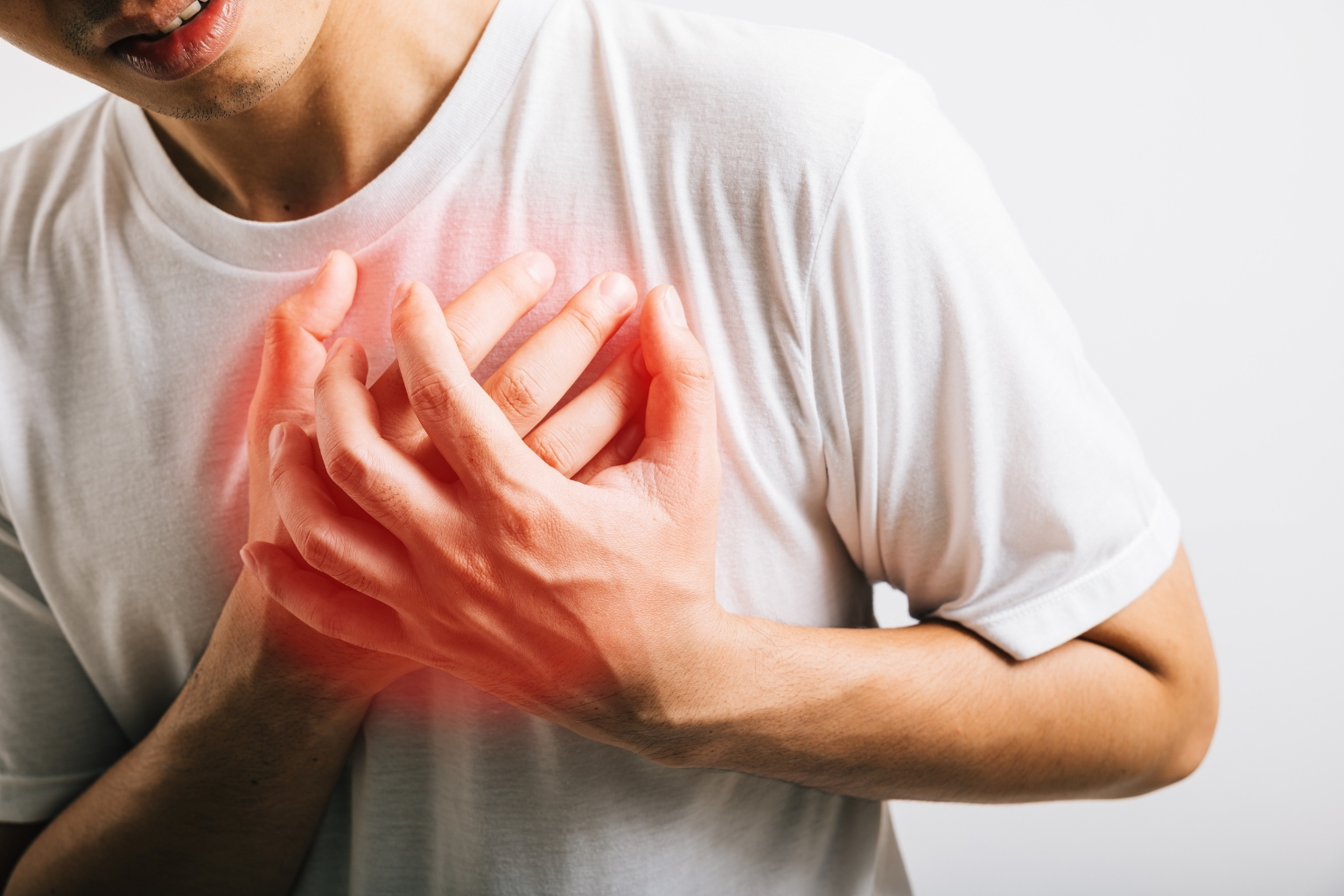A heart attack doesn’t always strike without warning. In many cases, your body gives you clues weeks or even a month in advance. Recognizing these early signs of heart attack could save your life or the life of someone you love.
Heart disease remains one of the leading causes of death worldwide. But catching symptoms early, seeking medical help, and making small changes in your routine can make a big difference. Here are 5 early heart attack symptoms you should never ignore.
- Unusual Fatigue
Feeling tired is normal after a busy day, but extreme or unusual fatigue that lasts for weeks is often a red flag. Many people report feeling overwhelmingly tired a month before a heart attack, even without doing much.
If you notice that you:
- Feel drained doing simple activities, like walking to the mailbox or climbing stairs
- Need to rest more often during the day
- Struggle to finish tasks that were easy before
pay attention. Your heart may be struggling to pump enough blood, and your body is trying to warn you.
- Shortness of Breath
Difficulty breathing or feeling out of breath while at rest or during light activity could signal heart trouble. In some cases, people feel breathless even while lying down. This symptom often appears weeks before a heart attack.
- If you notice shortness of breath happening more often
- If it feels worse than usual
- Or if it comes with chest discomfort
see a doctor immediately.
- Chest Discomfort
When people think of a heart attack, they often imagine sudden, crushing chest pain. But many people experience mild chest discomfort or pressure a month before the event.
This may feel like:
- Tightness in the center of the chest
- Pressure that comes and goes
- A burning or heavy sensation
This isn’t always painful — sometimes it just feels strange. If you have any persistent chest discomfort, get checked out.
- Sleep Disturbances
Studies have shown that many people who have a heart attack later report problems sleeping in the weeks before. This can include:
- Trouble falling asleep
- Waking up frequently
- Feeling restless at night
Listen to your body. If you’re experiencing sleep trouble along with fatigue or other symptoms, it might be more than stress. Tell your doctor and share all of your symptoms.
- Swelling in Feet, Legs, or Ankles
Fluid buildup in the lower limbs — especially if accompanied by unexplained weight gain — is another potential sign of heart problems. Your heart helps circulate blood through your body. If it’s not working well, fluid can build up in tissues, causing noticeable swelling.
Why Early Detection Matters
Recognizing these warning signs early can mean the difference between life and death. Quick medical attention greatly improves survival rates.
If you experience any combination of these symptoms, especially if you have risk factors like:
- High blood pressure
- Diabetes
- Obesity
- Family history of heart disease
seek medical help right away.
Tips to Protect Your Heart
You can lower your risk of a heart attack by making small lifestyle changes:
- Eat a diet rich in fruits, vegetables, and whole grains
- Exercise regularly
- Quit smoking
- Manage stress with relaxation techniques
- Monitor your cholesterol and blood pressure
Final Thoughts
Ignoring the early signs of a heart attack can be dangerous. Don’t assume it’s just fatigue, stress, or age. Your heart is one of the most vital organs in your body — paying attention to it could save your life.
Stay aware, take care of your health, and talk to a healthcare professional if you’re concerned. Listening to your body today could mean more tomorrows with the people you love.








